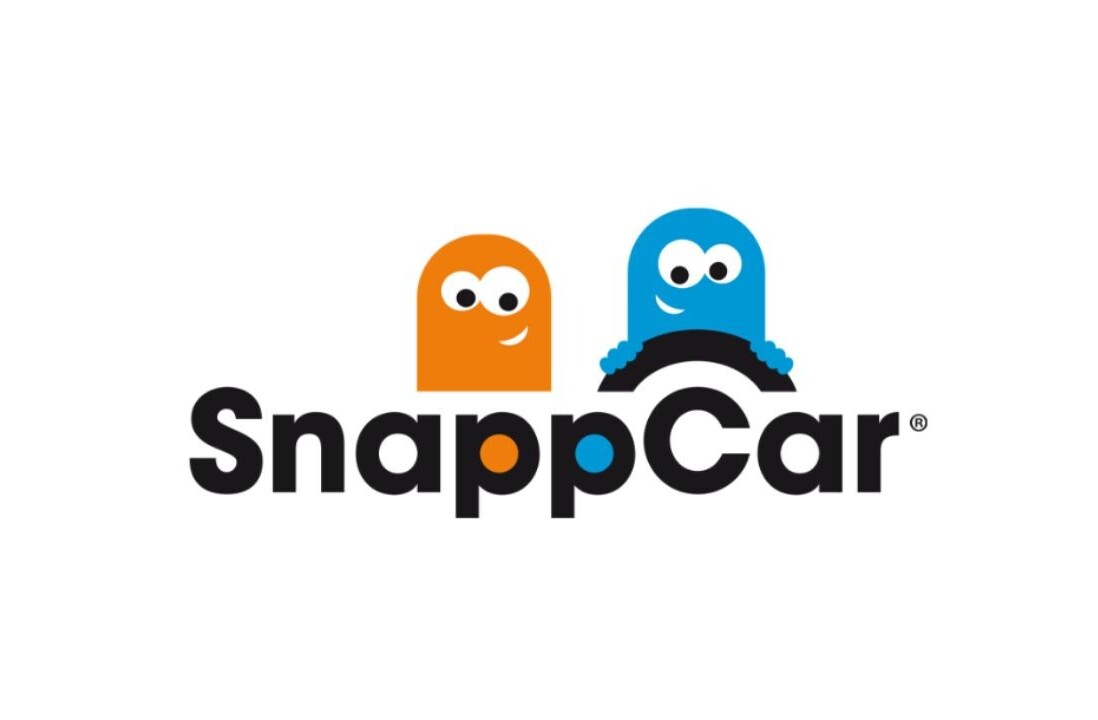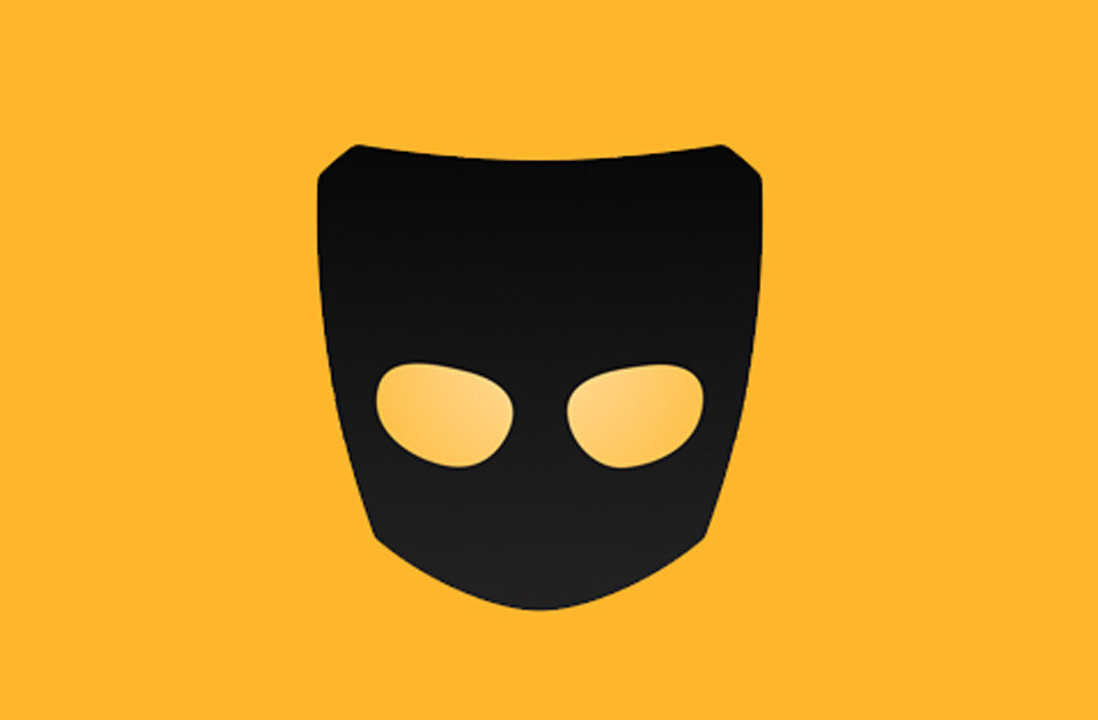

Last week I posted a story here titled “Record Label quits, uploads music to The Pirate Bay“. I had received a tip that Dependent Records had decided to quit their business and uploaded all their music to The Pirate Bay. The whole story turned out to be a hoax. Something I could have found out myself if I had taken the time to contact Dependent Records to ask for confirmation. But I didn’t. Instead I checked if the music was actually there, read a few comments and figured the story was good enough to run. The next day Dependent Records came out with an official statement that the whole thing was a hoax. By then the story was posted to many popular blogs and we all had to retract, edit and/or amend our stories and apologize to Dependent Records and our readers.
Since the news broke that this was a hoax and not a true story I have been having a heated debate with Stefan Herwig, the victim of this hoax, about the ethics of bloggers and their attitude in this whole situation both here in the comments and at the Dependent Records Forum. Stefan Herwig obviously is not very happy with all these blogs writing stuff about him that isn’t true. I understand that but also think that it will be hard to avoid and blame the person who started this hoax more than the bloggers who fell for it. Not a subject we will reach an agreement on soon.
Enough reason to give Stefan Herwig the chance to tell us what actually happened and who is to blame. The following is the result of an email interview between The Next Web Blog and Stefan Herwig from Dependent Records.

Stefan Herwig
We heard a lot of different stories of what happened. Can you give us YOUR side of the story?
“Well, someone over the weekend took the “liberty” to take parts of our record catalogue and put it online as torrent files through The Pirate Bay. This person added a little text in German and english, but it was only a few lines. Somebody at Torrentfreak stumbled over it, thought that it was true, and brought it as a story, without checking back with us. From there other magazines including yours linked the story or brought it themselves with minor modifications.”
How did you find out and when was this?
“I actually did find out this Monday morning (Feb 11th, 2008). There were a couple of requests whether this was true or a hoax.”
Why did it take you so long to post a formal reply on your official website?
“I am not sure if we took so long. We found out Monday morning, and the news was online Monday night. We run the website in two languages and it took some time to get it translated properly. Also I got a new laptop that day, and it had to be set up properly. That took a few hours.”
What are you doing to fight back?
“Depends on what you mean in terms of WHO to fight back. Believe it or not, I am not that shocked about the catalog being online, because all those files were online before. And it is also not the entire catalogue anyway, it is about 65% of approximately 110 releases. But all those files were available illegally before, and everybody that wanted it that way could probably get it anyway before.
I was disappointed with the poor news research of Torrentfreak and all other magazines that simple “took the story for granted” (including yours). Even when we sent that disclaimer, some of those magazines only wrote a few lines at the end of the story, or did not change it at all. I am actually really shocked about the poor research of those online magazines, because they don’t realize that they also have a cultural function in forming minds and opinions of people. If they refuse to research their info properly in the first place, or even refuse to correct their stories properly, the hoax will survive and the truth will vanish.”
Who do you think is behind this?
“We actually had a lawsuit a few weeks ago against somebody who slandered me online. He said I closed the label because I was doing cocaine and had “sex with minors” during concerts. I sent him a cease and desist order which was approved by the court. I guess this bloke refused to accept the consequences. But this is speculation.”
How many websites reported about the hoax and thought is was real?
“About 15. Only one site reconfirmed the story with us before they brought it (Wich is – in my opinion the proper thing to do).”
How do you feel about that?
“Like I said above, it raises some important questions about information flow online. And the more this becomes public, the more people can exploit it. Let’s just assume that a day before the forthcoming US presidential election, some news would spread by a source that Barrack Obama had actually raped a white women, and magazines would publish it, then you could maybe turn around the election. This is obviously an extreme example, but any sort of propaganda can be enacted if media don’t do their homework. I personally already see that only those news travel fast on the internet that are supported by a lot of people, or support their beliefs. So people are creating their own Propaganda, and that actually scares me a lot, if you think about the implications.”
What is happening next?
“The day the files went online, we had a specialist check the Seeders IP address, and depending on the results, we might do a lawsuit. But if the seeder is not from germany, then we, as an independent record label, cannot afford to go after this person.”
Anything else you want to say to our readers?
“Actually, this whole incident reconfirms the reason why I closed my label in the first place, because I do see that small independents like us are not being able to fight internet piracy. So people respond: “So what? I can get my music without a label!” In the short term, they might be right. But as a result of that, those music groups they rip and don’t buy will never get a chance to do concert tours, decent recordings, etc. They will never break to a decent audience.
People fail to see that music labels are like amplifiers in a stereo system. Without them you can not hear the music of the bands you would like to hear, because nobody else puts them on a map in the first place.
You might be able to steal/fileshare it, but only as long as those labels produce music. Where do you get your music, when those labels are going down the drain? Myspace? 1.400.000 mediocre Demo bands? I don’t think so!”
Get the TNW newsletter
Get the most important tech news in your inbox each week.




